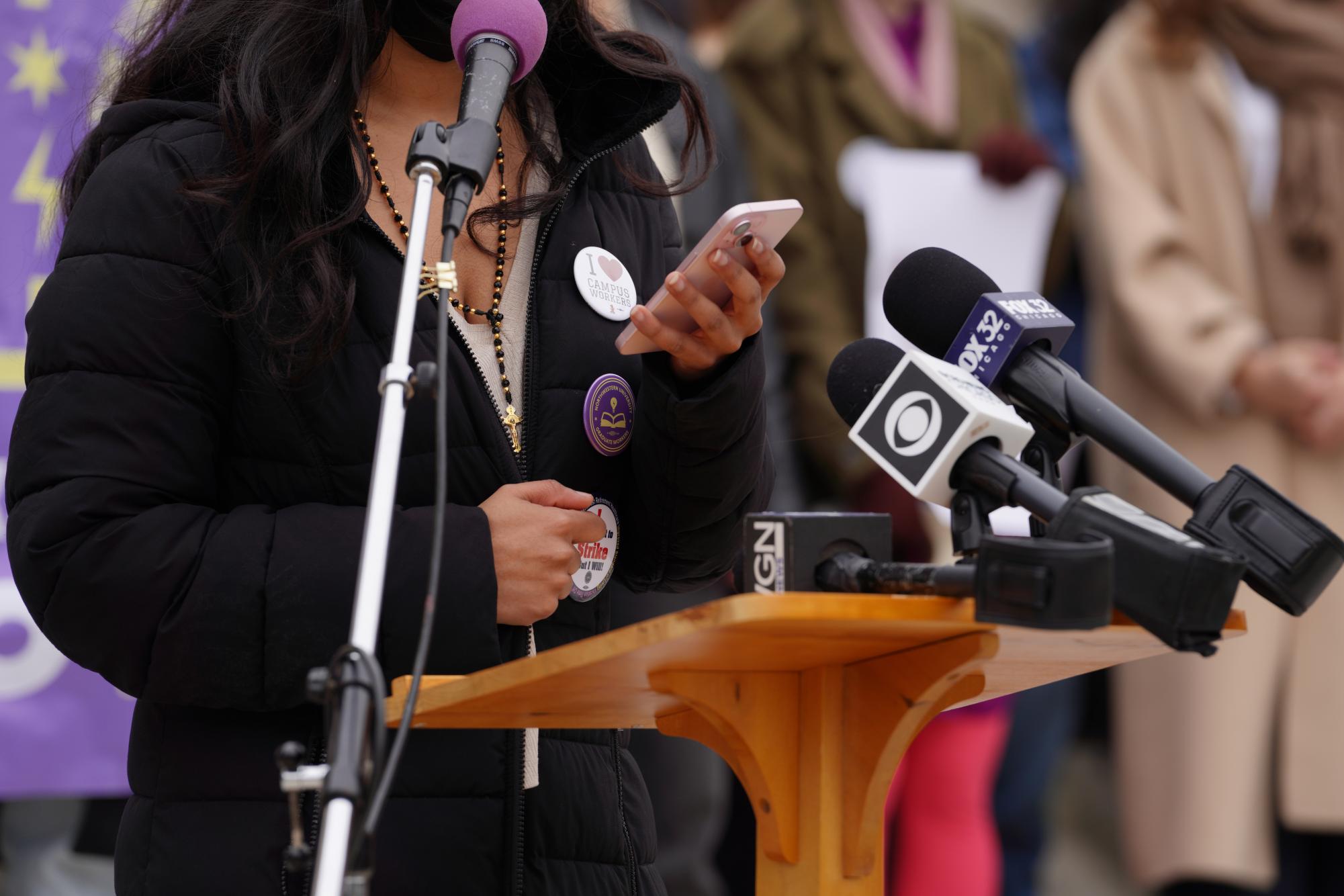Voices Under Pressure: Campus Free Speech in the Crosshairs

Political Dialogue at Northwestern: A Campus Conversation Gap
In a revealing snapshot of campus discourse, a recent poll by The Daily exposes a stark reality about political conversations at Northwestern University. The Spring 2025 survey uncovered a troubling trend: only 6.0% of undergraduates report regularly engaging in meaningful dialogues with those holding different political perspectives.
Even more concerning, nearly three times that number—15.9% of students—admit they never participate in cross-political conversations. This statistic highlights a growing challenge in campus communication, where ideological echo chambers seem to be replacing genuine intellectual exchange.
The poll raises critical questions about the state of open dialogue and intellectual diversity at the university. Are students becoming increasingly isolated in their political beliefs? What implications does this have for learning, understanding, and mutual respect?
As Northwestern continues to be a hub of academic excellence, these findings suggest an urgent need to foster environments that encourage respectful, nuanced political discussions across different viewpoints.
